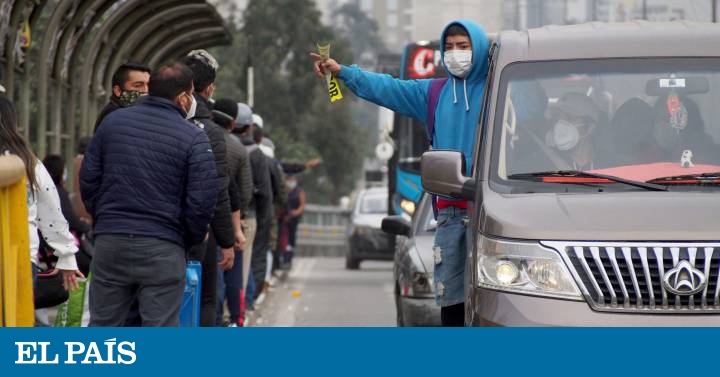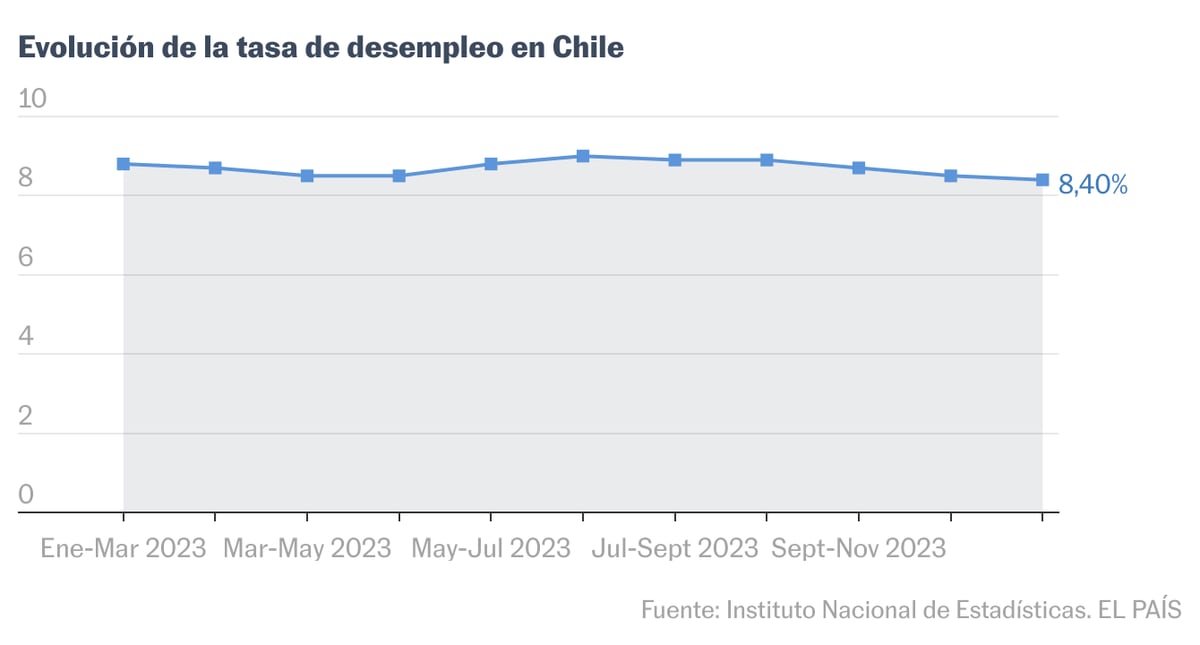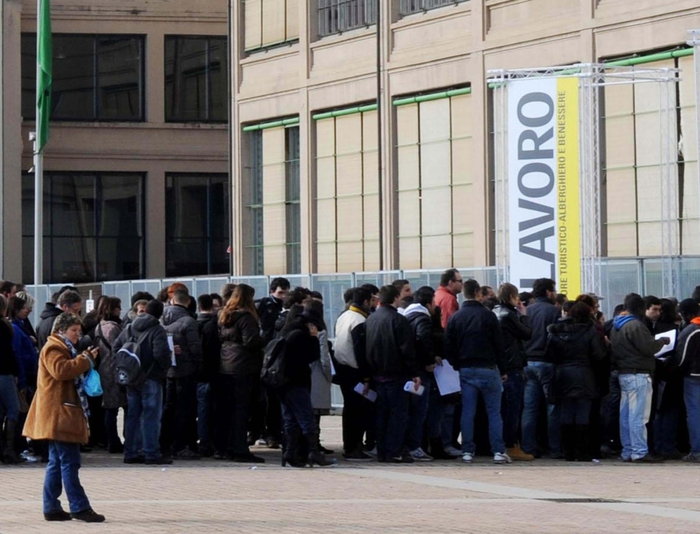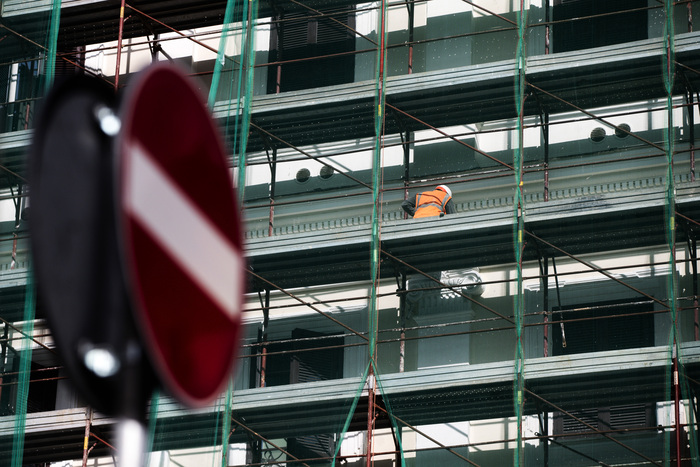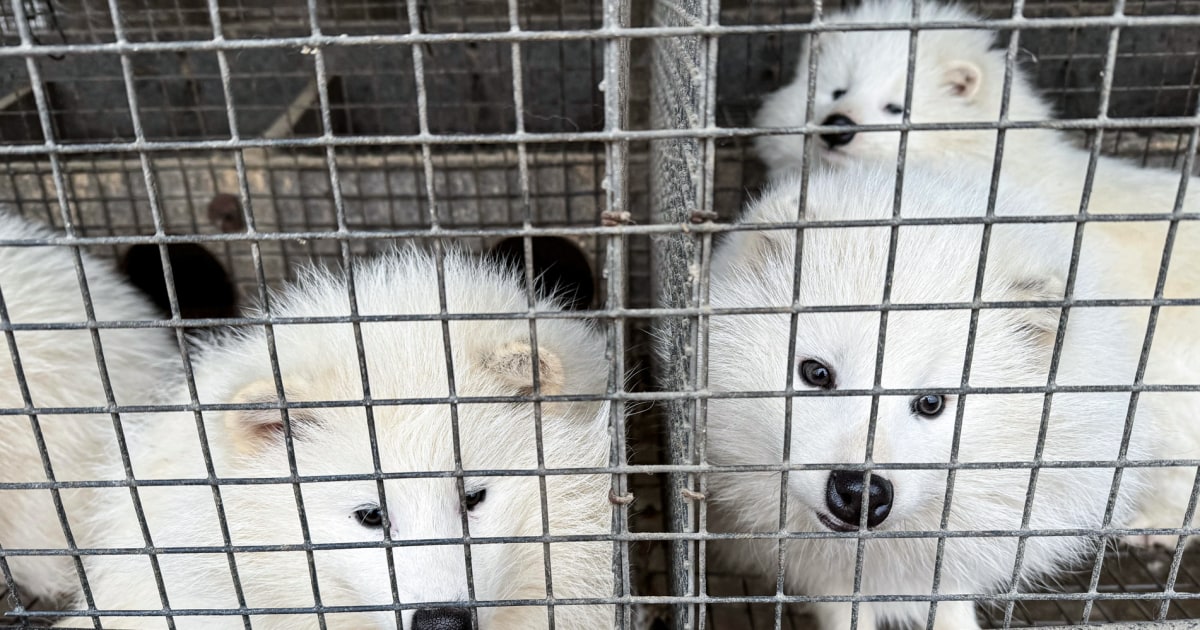The second week of March, Latin America looked with disbelief at what was happening in Europe. The images of the endless funeral processions in Lombardy, the armies disinfecting the streets, the critically ill patients in hospitals. If that was happening in countries that have state health and social protection systems, what could happen in Latin America if the virus struck the same way?
MORE INFORMATION
Spain, in Europe's caboose for its development policies- El Salvador: truth, justice and hope for a people
- Why is the United States burning?
Given this scenario, many countries decided to prepare for the worst by decreeing mandatory quarantines, such as Chile, Peru or Argentina. Colombia also took measures, preparing the population for an emergency and confinement situation. All this when in some of these countries there were not even confirmed cases.
In the first few weeks, many countries managed to keep the virus at bay with very slow and sustained growth in cases and with few deaths. Days passed and some governments began to believe that they were achieving it and that the worst forecasts were not being fulfilled.
With the countries closed inside and out, the epidemiological situation seemed controlled, but after a few weeks a hidden and uncomfortable reality began to emerge: millions of households in Latin America depend on daily income and if they do not work, they do not eat.
The numbers of labor informality in Latin America are chilling. In Peru, 70% of households depend on informal income; in Colombia, 48%; in Brazil, 41%; Argentina has 50%, and in Mexico more than 30 million households are supported by daily income. In Chile, which has the lowest rate, unregulated employment represents 30% of labor occupation.
With this panorama, the prevention and confinement measures were a very ephemeral wall of containment, and driven by necessity, many people were forced to go outside and try to work. Days later, the results are in sight: Latin America surpassed Europe in number of positive cases a few weeks ago and the infections continue to skyrocket.
In Peru, 70% of households depend on informal income, in Colombia 48%, in Brazil 41%, Argentina has 50% and in Mexico more than thirty million households
But labor informality does not only translate into the lack of daily income to cover basic needs. Without regulated employment, there is no social protection, health, or pensions. The tax collection and tax capacity of the countries is very low, which greatly limits the implementation of public policies and the free market rides wildly, widening the social gap and inequalities every day.
On any given day, before the pandemic, the streets of downtown Buenos Aires, Bogotá, Santiago or Lima were crowded with vendors, food stalls and all kinds of items, making up an everyday reality that was almost part of the picturesque landscape of these beautiful cities. Today, some of these people reinvent themselves, they sell masks, gloves, or hydroalcoholic gel, they sell at home, but customers are scarce.
Few times do we stop to think about how hard it is to get up before dawn to get wholesale products and start the day without knowing if everything, or something, or nothing will be sold, and that, with that money, we have to return to home and meet the expenses of each day.
That fragile balance, that glass floor that a simple rainy day cracked, has been completely pulverized by the coronavirus and the health emergency.
To cope with the devastating effects that this crisis is having on millions of households, many governments are carrying out food and basic food distribution campaigns. In addition, several countries have expanded their public spending capacity to cope with the pandemic by acquiring medical supplies, equipping hospitals, or medicalizing residences and hotels. The essential thing today is to save lives and prevent the population from starving.
Governments in Latin America will face in the coming months or years a challenge that was not foreseen and they will have to lift their economy and their social fabric again.
The tempting thing may be to want to rebuild betting again on informality and the "save yourself who can" blindly trusting that, at some point, the economies can once again emerge and return to the starting point.
But there is also a much more ambitious path that goes through policies that focus on job creation, regulation, and the guarantee of social protection. It involves building a model with a greater collection capacity and allowing investment in a sustainable future in a continent that, despite its incalculable wealth, is the most unequal on the planet.
Rafael Moyano is executive director of the Escuela del Cariño Educational Corporation.

